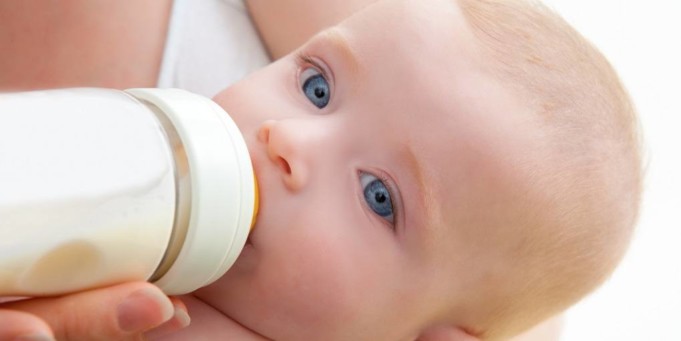First-time moms always find it hard to understand the baby feeding schedule. The feeding schedule of a new-born can be irregular. Feeding a baby is an all the time commitment, and it is a chance to start creating a tie with the hottest family member.
While every new mom has to learn on her own, motherhood is always the best moment of parenting. Check these baby feeding tips.
Feed your baby after every two hours
Many new-borns require 8-12 feedings in a day. This means feeding the baby after every two or three hours. Kids do not speak and the best way to know it is time to feed the new-born is by identifying hunger signs.
They may include stretching and stirring, lip movements and sucking motions. Commotion and crying also signify the baby is hungry. If you notice this early, you will save yourself the unnecessary baby calming moments. The baby is full if he closes his mouth or stops sucking. Do not forget to burp your baby.
Feed your new-born with breast milk
The best food for babies is breast milk, but there are rare exceptions where the baby cannot have the milk. Baby milk is easy to digest as compared to commercial formula. That is why you should stick to breastfeeding.
In circumstances where breast milk is not available, the hipp baby formula is recommended. Baby milk provides the new-born with all the nutrients he needs. That is why hale and hearty babies do not need juice, water or other liquids. Always evaluate any formula you buy to find the preeminent for the new-born.
Avoid using baby milk to soothe
Though you need to feed your baby on demand, some babies fuss between meals or immediately after meals. This does not mean the new-born always needs more baby milk to feel okay. Try to make the baby feel relaxed by shushing or singing to her.
It will help relax her instead of offering her the formula. Sometimes the food you eat may cause discomfort for your breastfeeding infant. Try changing your diet to see if baby gets less fussy.
Care for your nipples
After every baby feeding, allow the milk to drain on your nipple naturally. This is because the milk can calm them. If you have something urgent to do, pat your nipple dry softly. If you have leaking breasts in between feedings, ensure to use bra pads.
Additionally, reduce the shampoo, soap amount that you apply on the nipples. Use purified lanolin to clean your cracked nipples to help calm them so they can retain moisture. Keeping your nipples clean and healthy is imperative as that’s where your baby feed on.
Give baby feeding time
Breastfeeding is not easy. It can be tiring as you have to breastfeed the baby every two hours. It is always good not to be in a hurry when breastfeeding. Give baby feeding time. You baby needs burping after feeding and may be soothing if he is the type that fusses.
Keep in mind that when you breastfeed the baby frequently, you are allowing the breasts to produce more milk. This, in turn, makes baby nursing to feel natural. The more the baby milk you have, the better for your new-born.
Try Vitamin D supplements
Baby milk may not provide your new-born with adequate vitamin D. Vitamin D is essential for the body as it helps to absorb phosphorus and calcium. Ask your doctor about the supplements that can help with the nutrients that are necessary for strengthening bones. Lack of Vitamin D in the body may cause rickets.
Position your baby well
Hold the infant well if you bottle-feed him. Do not lay him down or prop the bottle in position. Infants should be held and embraced during feeding and must never be left prop with a bottle. If you breastfeed the baby, hold him in a lap with the legs at the side.
Conclusion
Baby feeding is comfort and also food. Positioning yourself well and your baby is essential for both of you. It makes it easy for you to quench thirst and makes the baby comfortable. Do not let your baby suck the milk continuous. Remember to take burp breaks and let the baby belch.












